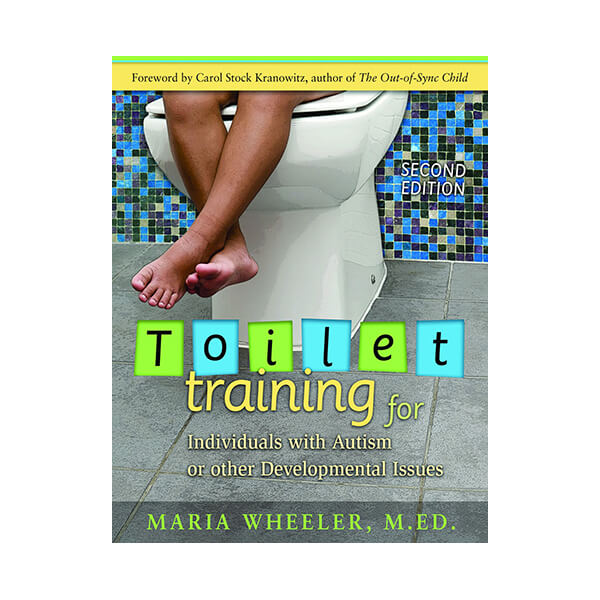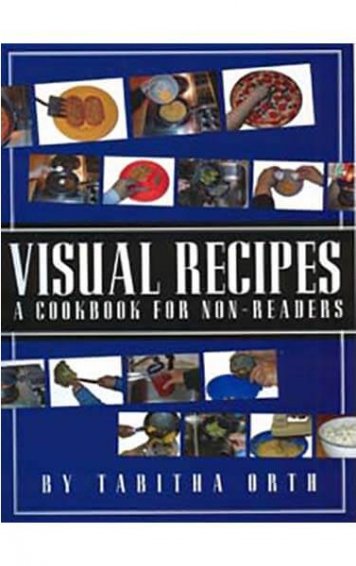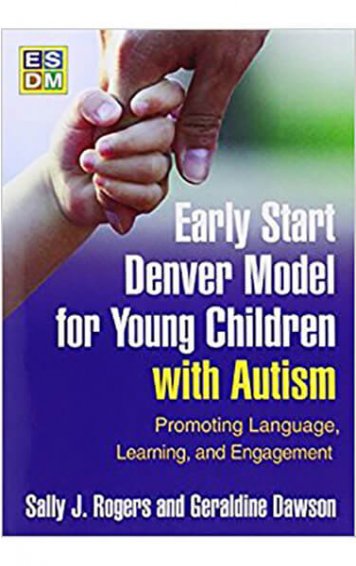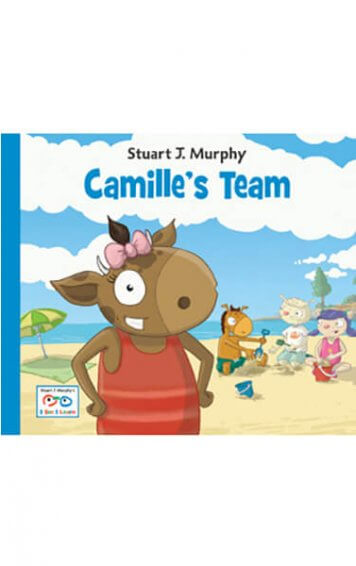Description
Toilet Training for Individuals with Autism or Other Developmental Issues.
Toilet training can be a battleground for parents and children. In this book-the only one on the market dealing with the specific issues involved in toilet training children with autism-Maria Wheeler offers a detailed roadmap for success, based on over twenty years of experience. Easy-to-read bulleted lists offer over 200 do’s and don’ts, along with more than fifty real-life examples. Learn, among other things, how to gauge “readiness,” overcome fear of the bathroom, teach how to use toilet paper, flush and wash up, and deal with toileting in unfamiliar environments. A life preserver for parents and reluctant children!
Chapter 1: The Importance of Toilet Training Characteristics of autism that influence toilet training Impact on home, family and community Impact on school and learning Impact on social relationships
Chapter 2: Determining Readiness Chronological age as a factor The issue of mental age as a part of readiness Awareness levels in readiness Physiological factors to consider Other readiness indicators
Chapter 3: Developing a Toileting Routine Developing toileting schedules Communication structures Pre- and post-toileting rituals Fluid intake Undressing and dressing Flushing Handwashing
Chapter 4: Dressing for the Occasion Diapers or underpants Outerwear Other items and equipment needed Sensory issues related to clothing and other items used
Chapter 5: Habit Training When is habit training the appropriate option Determining a reasonable schedule Developing a routine Readiness for spontaneous toileting
Chapter 6: Teaching Continence Bladder control Bowel control
Chapter 7: Communicating the Need to Use the Toilet Alternate forms of communication Availability of communication How to respond to communication efforts When communication demands are a step backward
Chapter 8: When Toilet Training is Successful When to reinforce How to reinforce The importance of environmental structure
Chapter 9: Toileting in Unfamiliar Environments Locating restroom in new environments Communicating the need to toilet Adjusting toileting routines to new situations Survival kits for community outings
Chapter 10: Nighttime Training When to begin nighttime training How to teach nighttime continence Special aids
Chapter 11: Support Strategies Modeling Stories that teach Preteaching
Chapter 12: Common Problems (and Solutions) Associated with Toilet Training Persons with Autism Fear of the bathroom Fear of the toilet Repeated flushing Negative reactions to taking away diapers Failure to void in the toilet Failure to have a bowel movement in the toilet Urinating outside of the toilet bowl Smearing faeces Resistance to using toilet paper Using too much toilet paper Resistance to washing hands Needs frequent cues to complete routines Resistance to using unfamiliar toileting facilities Is toilet trained at home, but not at school Is toilet trained at school, but not at home Regression or setbacks Data collection form for toilet training An example social story-Using the Toilet Glossary Resources
About the author
Maria Wheeler, M.Ed., has spent more than twenty years of her professional life in the fields of Psychology and Special Education, with an emphasis on Neurobehavioral Disorders, Applied Behavior Analysis, and Specific Learning Disabilities. She has held positions in Florida and Texas as a special education classroom teacher, behavior specialist, and director of behavioral services for residential treatment centers serving adults and children with neurobehavioral disorders and developmental disabilities. She currently holds Texas teacher certificates/endorsements in Serious Emotional Disturbance and Autism, Special Education, and Psychology. Maria works as a private consultant serving various school districts, educational agencies, and families throughout Texas. She is a nationally recognized speaker and trainer in the fields of autism, behavior and learning disorders, and effective discipline. She provides on-site behavior intervention and classroom curriculum consultation for educators of students with autism and other behavior and learning disorders. She also provides on-site coaching for in-home trainers and tutors, parent training, and professional development training.







What others are saying
There are no contributions yet.